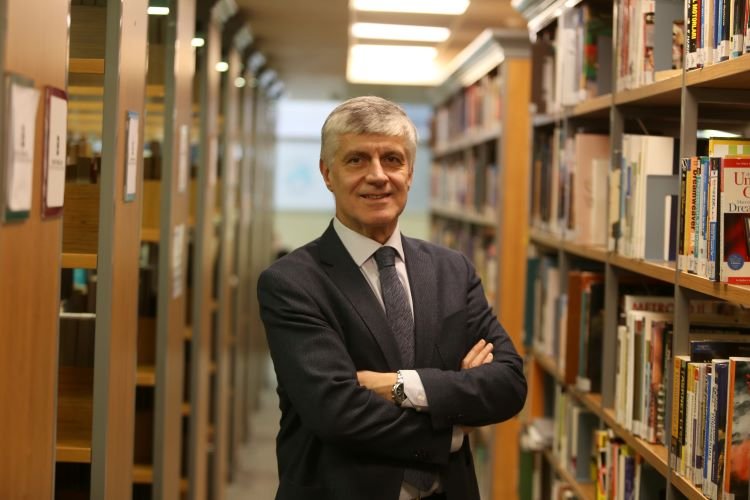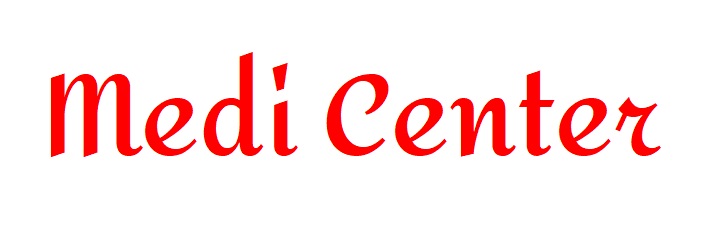What Triggers Heart Problems and Clots in Young People?
Are increasing heart diseases in young people due to vaccines or lifestyle?

What Triggers Heart Problems and Clots in Young People?
Are increasing heart diseases in young people due to vaccines or lifestyle?
If Covid vaccines caused a problem, would it have gone unnoticed?
MEDİCENTERTV.COM / TÜRKİYE
Assessing the research published in BMJ Journals, Professor Dr. İ. Tayfun Uzbay, Head of the Department of Internal Medicine at the Faculty of Medicine, stated, "Covid vaccines have been administered to billions of people. If there had been a problem, it would not have been possible to overlook it in such a wide population."
Noting that there may be other significant reasons behind the increasing heart diseases and clots in young people, which have been debated lately, and unfortunately, they have not been brought up for discussion as much as Covid vaccines, Prof. Dr. Uzbay stated, "Obesity is common among today's youth. They are not eating well and healthily, and they are more sedentary. The use of caffeine, energy drinks, and stimulants similar to amphetamines, as well as some drugs, is becoming more common. All these factors can trigger heart problems such as heart attacks and clots in young people."
According to Prof. Dr. İ. Tayfun Uzbay, Head of the Department of Internal Medicine at Üsküdar University Faculty of Medicine and Advisor to the Rector, the research published in BMJ Journals evaluates the reduction of the risk of heart diseases in individuals who have had Covid through vaccination.
"Claims in the media led to vaccine hesitancy in the community."
Prof. Dr. Uzbay, recalling that there has been a lot of speculation about whether Covid-19 vaccines cause heart disease and clots, stated, "Such claims were also covered in the media and led to vaccine hesitancy in the community. However, there was no scientific basis for the claims that vaccines cause heart disease or clots, and it was not a proven fact. They were more based on perception management supported by the media, especially social media."
"Preventing the disease through vaccination was a healthier approach."
Prof. Dr. Uzbay also noted that people were constantly frightened by constantly attributing incidents that could occur in their environment to Covid vaccines, even in normal times. He said, "During the periods when these claims were made, the scientifically based information we had indicated that the virus and the disease it caused could damage the heart and predispose people to clots. So, a healthier approach was to prevent the disease through vaccination."
"If vaccines had caused heart disease and clots, we would have seen it."
At this point, Prof. Dr. Uzbay stated that the results of the study published in BMJ Journals confirm the recommendations of rational scientists. He said, "According to the results of the study, in which twenty million people were followed for a year, vaccines not only did not cause these problems but also protected people from the risk of heart diseases and clots. The sample size in the study is quite large and provides important evidence that vaccines do not pose such a risk. A comparison could also be made between vaccinated and unvaccinated individuals, but it is not necessary. If vaccines had caused heart disease and clots, we would have seen a significant increase in these cases among the vaccinated group."
"The frequency of heart diseases is known."
Prof. Dr. İ. Tayfun Uzbay also pointed out that the frequency of heart diseases in the community is known. He said, "It would have been expected that the frequency of heart diseases would significantly increase in vaccinated individuals. On the other hand, Covid vaccines have been administered to billions of people. If there had been a problem, it would not have been possible to overlook it in such a wide population. Because in countries that value science, those who have been vaccinated and the effects of the vaccine were closely monitored. Any negative outcome would have resulted in the suspension of vaccination and the withdrawal of permission."











